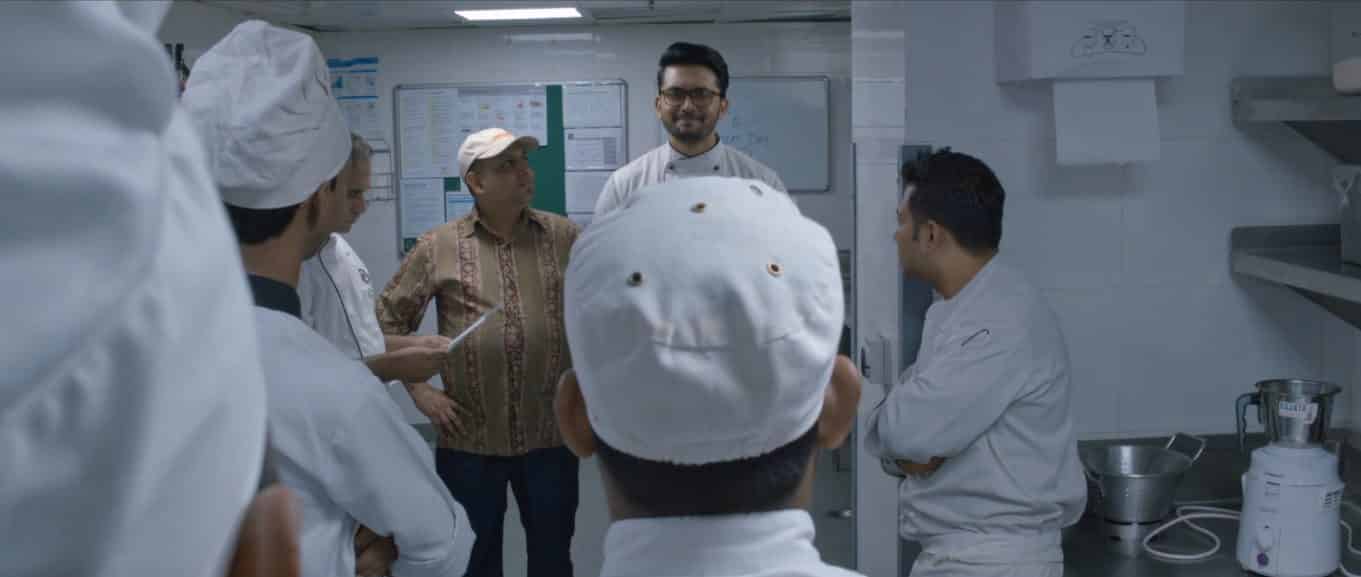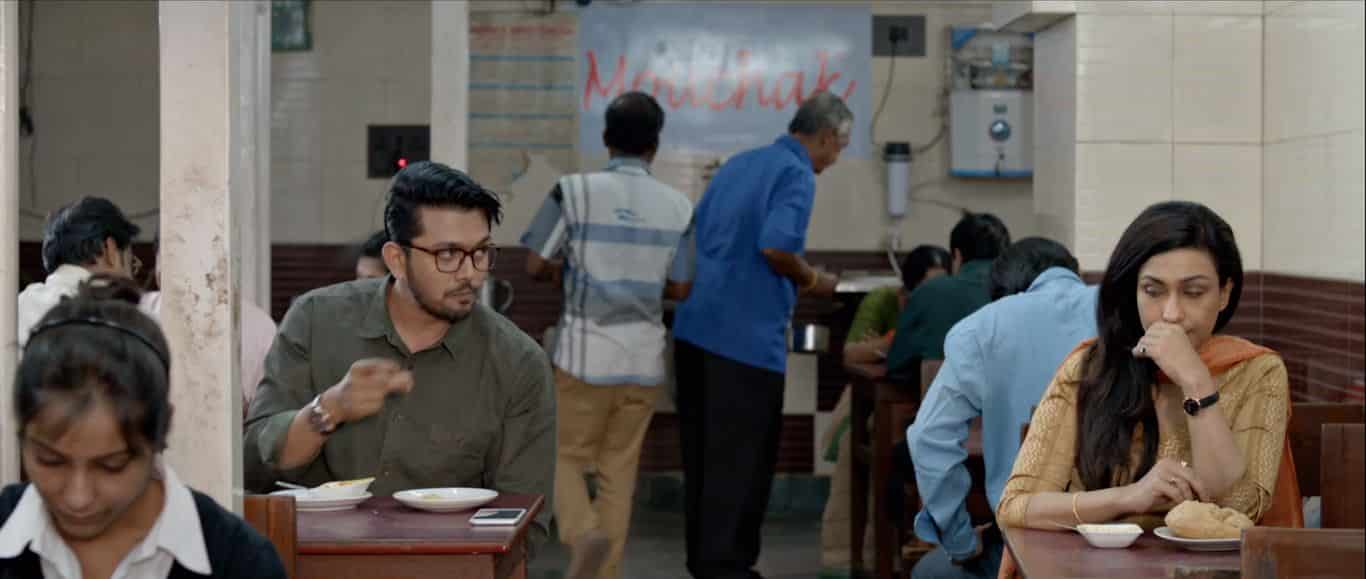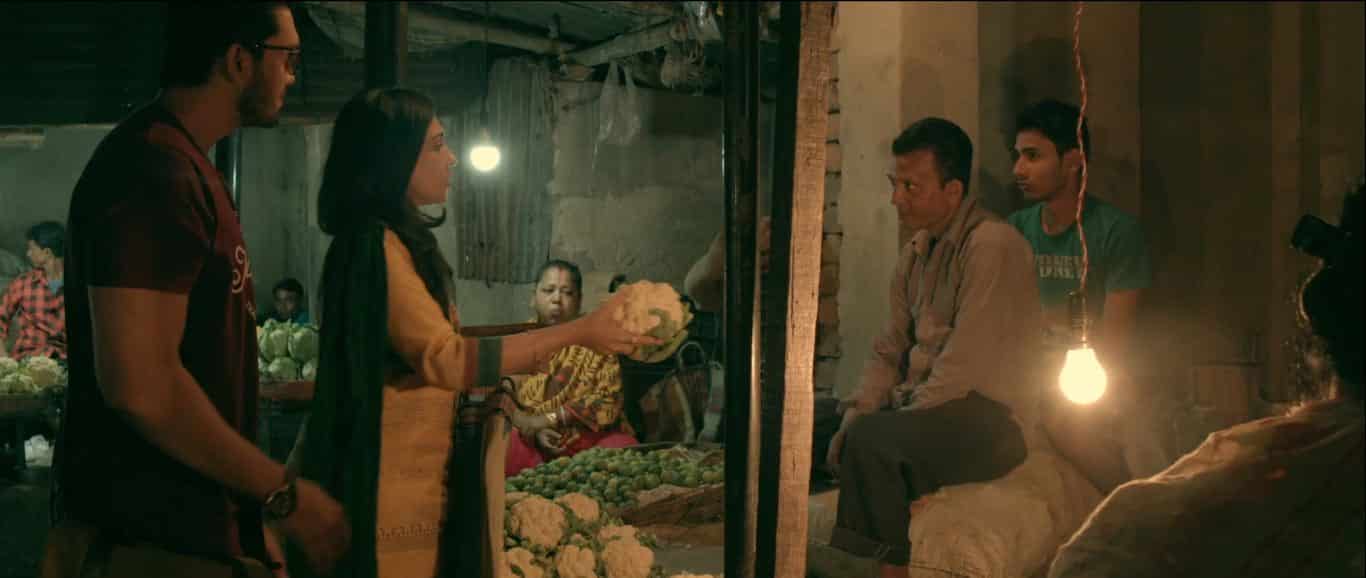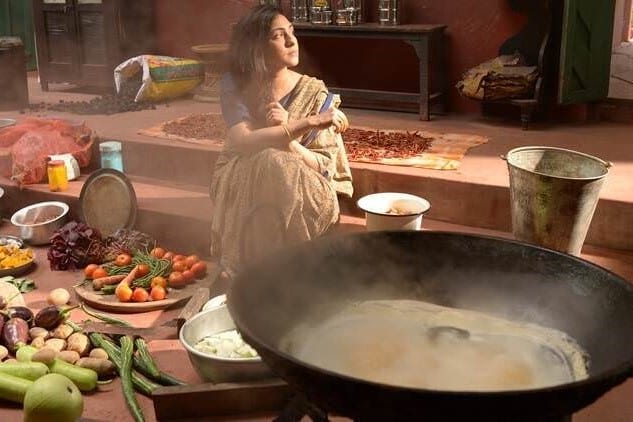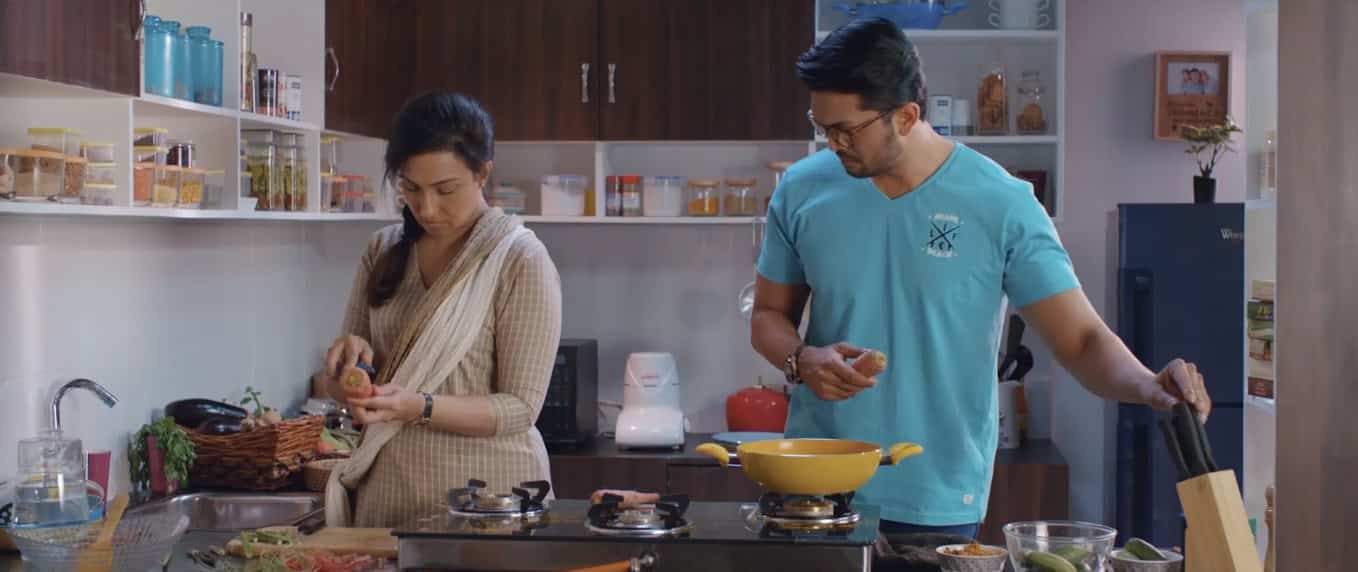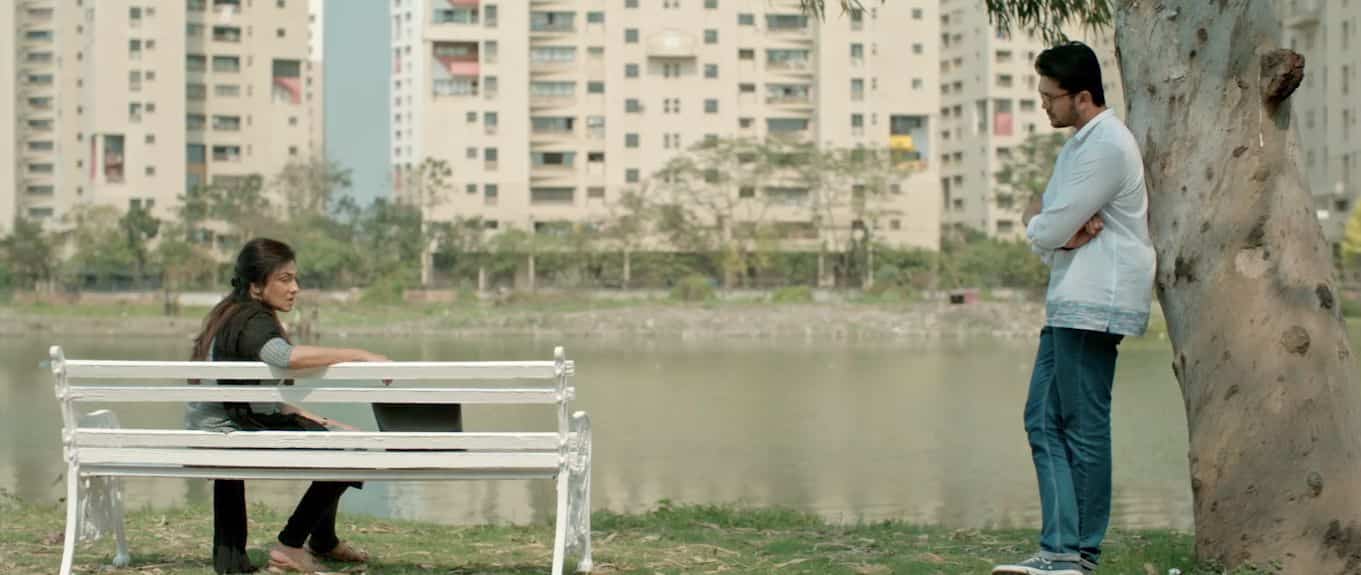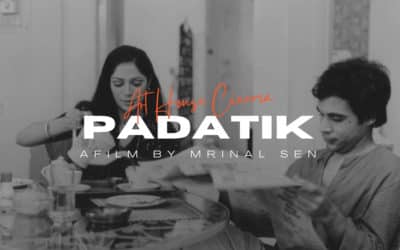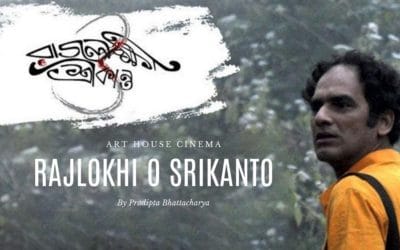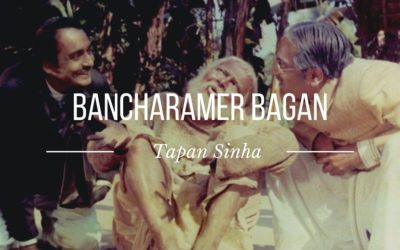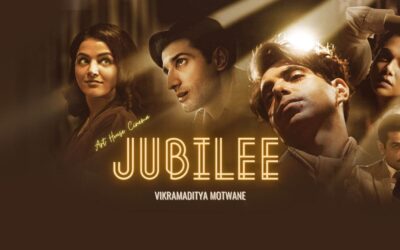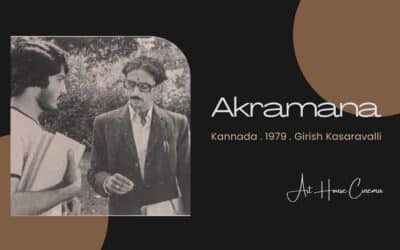Ahaa Re (2019) is an Indian Bengali film directed by Ranjan Ghosh. Based on Bengal’s famous love for food, it is the story of a Dhaka Chef who falls in love with first the cooking, and then the person of a home caterer. With Arifin Shuvoo, Rituparna Sengupta, and Amrita Chattopadhyay in prominent roles, the film celebrates Bengali culture and cuisine.
Cast
- Arifin Shuvoo – Farhaz Chowdhury
- Rituparna Sengupta – Basundhara
- Amrita Chattopadhyay – Shahida
- Paran Bandopadhyay – Atanu Ganguly
- Deepankar De – Abhijit Sen
- Shakuntala Barua – Debjani Sen
- Shubhro S Das – Bappa
- Anuvab Pal – Kamaljeet
- Alamgir – Restaurant Owner
Crew
- Direction – Ranjan Ghosh
- Production – Rituparna Sengupta
- Story – Ranjan Ghosh
- Music – Savvy
- Cinematography – Hari Nair
- Editing – Rabiranjan Maitra
Story
The story revolves around two leads. Arifin Shuvoo plays the role of Farhaz (a.k.a. Raja), a top chef from Dhaka. As Arifin sets out to discover and learn the cuisine of Bengal, he meets Basundhara, who runs a home catering service in Kolkata. Farhaz wants her to train him in the style of the cuisine of this part of Bengal. He gradually gets attracted to her but Basundhara’s past adds a haunting twist to the narrative. The screenplay is thus, divided into two segments; ‘Raja’s Golpo’ (Raja’s Story) and Basundhara’s Golpo (Basundhara’s story).
Commentary
“My mama always said, ‘Life is like a box of chocolates. You never know what you’re gonna get.’” These lines from the 1994 classic Forrest Gump seem to have never proven false in real life. The same is reflected in the 2019 Bengali “food-drama” film Ahaa Re. Written and directed by Ranjan Ghosh, Ahaa Re provides a delectable platter, taking you on a food tour through a sensitively knitted story of passionate chefs and their never-ending search for perfection.
The film’s love for food is very evident from its tight close-ups of scrumptious delicacies and a few food facts sprinkled in dialogues. Be it the Malaysian origin of “Prawn Malai Curry” or the history of “Kichudi” and “Chicken Dak Bungalow”, all this information curves out a sweet space in the screenplay that celebrates Bangaliana (Bengaliness), its food, and the love between the two Bengals. One interesting aspect of the story is the evolution of a relationship between Farhaz, a Muslim from Dhaka, and Basundhara, a Brahmin from Kolkata, who’s slightly older than Farhaz. This, as usual, brings suspicions and judgments from their surroundings. Each of the characters is well fleshed out and never overshadows the others. Each holds their motive throughout and makes their importance felt whenever they are in the frame. They exhibit tenderness, fragility, and strength in human relations. The love story between Farhaz and Basundhara deserves special mention for its sensitive and mature writing, making it as real as it should be, without moral judgments.
The mood of the film is set through a scene, where they first come across as strangers eating the same dish in a restaurant. Farhaz likes the food but Basundhara doesn’t. A similar scene plays out towards the end of the film when their relationship is broken, and Farhaz finds a change in his taste preferences. He dislikes the same food; a perfect indication of the fact that how human emotions and relationships can unintentionally change your taste preferences, perhaps indicating someone’s longingness through their food habits.
Bangladeshi film actor, Arifin Shuvoo shines in the role of a master chef. His mannerisms evoke a detailed study of the art of cooking. Rituparna Sengupta (also the producer of the film) gives a splendid performance as Basundhara. Her subtle traits of emotions have been captured well through montages and many close shots. Paran Bandopadhyay, who essays the role of Basundhara’s father-in-law, forms a strong support for Basundhara’s catering service. He has developed a new hobby, which is that of magic tricks, perhaps looking for some kind of divine intervention in this old age. A stand-up comedian in real life, Anuvab Pal throws a surprise here in the role of a restaurant owner. He successfully brings his comic skills to lift the scene every time he appears. The quirky banter between him and Farhaz provides comic relief periodically, in addition to presenting a chef’s view of cooking as an art form. One can find dialogues sprinkled with poems and idioms which add depth to the conversations. Debutant actor, Shubhro Das, who plays the role of Bappa, Basundhara’s brother-in-law puts up a noteworthy performance in spite of sharing the screen with seasoned actors. Amrita Chattopadhyay plays Shahida, Farhaz’s partner, shows great screen presence and shines through her conversations, effectively conveying the perspectives and philosophies of relationships and career, which often stand at conflicting positions in society.
The soundtrack, scored by Savvy Gupta deserves special mention, especially Somlata Acharya’s rendition of the Nazrul Geeti “Aay Beheste Ke Jabi Aay” captures the mood of the situation.
Ranjan Ghosh has cleverly played a pun on the Bengali word “Ahaar”, which means food, and physically forms a part of the title “(Ahaar)e”, which is an exclamatory word used to signify empathy or “ahaa”, literally meaning wow!
Ahaa Re has toured various film festivals around the world and was screened at Jaffna International Cinema Festival, 2020.
Reference
- Wikipedia – Ahaa Re
- IMDB
- Time of India – Ahaa Re review
- Firstpost – Ahaa Re review
- NYIFF 2020 – Nominations



